Want more on this topic?
Charles Pakana (VAN):
Over the past several weeks in Victorian Aboriginal News, we’ve been seeking to gain further information on the Victorian government’s decision on the 24th of September of this year to extend an order in council on the unprotection of dingoes through to 2028.
While the government has stated that this does not extend to areas such as the west and north-west of Victoria, for most of the state, it’s pretty well open season on the dingo, our apex predator.
Today, I’m speaking on this matter with the CEO of the Federation of Victorian Traditional Owner Corporations, Gunnai, Monaro and Gunditjmara man, Paul Paton.
Paul, welcome back to the program.
Paul Paton (CEO, Federation of Victorian Traditional Owner Corporations):
Thanks, Charles. Great to be with you here today.
Charles:
Paul, on this matter, I know that the Federation has been quite vocal in this even highlighting research that’s been done on the purity of the dingo because there was so much information or misinformation out there about, well, the dingoes aren’t pure anymore, and we’ll talk about that a bit later.
But Paul, when did the Federation first become aware that an extension of the order in council was at least being considered by the government?
Paul:
We became aware of the impending decision that’s recently being made earlier this year in 2024 that the end of the order was up for renewal.
So when we heard of that, we sought to seek the views of Traditional Owners around the state to make sure that any advocacy that would be taking to the government around this issue would be well-informed to ensure that those messages are supported by Traditional Owners and we’ve sought to give advice to the government on the decision and what’s going to ensure that dingoes are protected going forward.
Charles:
Once awareness was gained of the impending decision or the impending review of the order in council, what level of consultation was undertaken by the government with the Federation on this matter?
Paul:
Once we’d learned of the impending decision, we spoke with departmental representatives and sought to gain further information as to what consultation was occurring and provided a perspective and a viewpoint on the requirement to work in partnership with Traditional Owners on this. And we were reassured by the department that they were working in partnership with Traditional Owners on this.
Charles:
It’s not really what many of the Traditional Owners are saying though.
Paul:
Absolutely and our experience on consultation on this issue only occurred at the 11th hour.
Charles:
So from what I’ve heard, a lot of the traditional owner groups received, I believe, about a six-page document asking for their feedback on this matter, and it was only about a month out, which was barely time enough to go in and do their own research and prepare adequate consultation.
So when the awareness was gained here in the Federation, what level of consultation, let’s get down to some of the nitty gritties, what were some of the conversations that were had with DECA as opposed to just, yes, we’re committing to you, Mr. Paton, that we’re going to be working with TO groups?
Paul:
From what I understand, there was some discussions directly with some Traditional Owner groups those who were more vocal such as Barengi Gadgin Land Council, but there wasn’t a comprehensive statewide consultation or even partnership with Traditional Owners to undertake the process and review towards the ultimate decision that’s recently been made.
Charles:
Was there advice given from the Federation to the state government on this matter, regardless of the focus of the advice, but was there specific advice given prior to the 24 of September?
Paul:
Definitely. We gave in writing a letter to the minister, giving advice in regards to working in partnership with Traditional Owners.
Charles:
Now this is Minister Ros Spence?
Paul:
The letter was sent to Minister Dimopoulos with a copy sent to Minister Spence.
Charles:
Right. Okay.
Paul:
And that letter outlined the need to work in partnership, the need for Traditional Owners to be part of the decision making and not be treated as stakeholders. And also provided alternative measures that could be considered and suggesting trial sites and removal of baiting and the like all outlined in the letter. So that we not only said that the government needed to work in partnership with Traditional Owners, but we actually gave some practical solutions that could be considered as part of the decision-making.
Charles:
And we’ve heard about a number of those alternative systems from Professor Euan Ritchie on this program beforehand, which includes the use of large dogs, even of donkeys, different fencing, all those sorts of things.
What was the response from the government? Or let me ask, did you receive a formal response from the government on your initial or letter into them?
Paul:
There was no formal response to the letter that was sent.
Charles:
Okay.
How about an informal response? Was there anything heard at all?
Paul:
There wasn’t any response to the letter from the government.
Charles:
Have there been conversations since then about this matter with DECA or the Ministers?
Paul:
Traditional Owners have met with the Minister recently and expressed their disappointment with petition.
Charles:
Now which minister in particular?
Paul:
Minister Dimopoulos, sorry.
Charles:
Right, yep.
Paul:
And have requested that the Minister provide a statement of reasons as to why the decision was made, and that’s forthcoming. The Minister has promised to provide that to Traditional Owners. And once that’s provided, then that will enlighten Traditional Owners on where the advice came from, when the advice was given, and what influenced ultimately the decision that was made.
Charles:
Well, according to recent announcements, the government now does have about 10 weeks to come forward with all this document and the rationale behind its decision, and also details of all its negotiations and consultation with Traditional Owners. And we’ll provide more information on that on our website for our listeners.
Paul, you and I have spoken offline prior to this interview it was a couple of months ago, I believe it was, and we had a yarn about the fact that there was a lot of misinformation going out there that the dingo population here in Victoria was very much a polluted gene pool.
Now that seems to have been, and I’m saying seems to have been, we can’t fully qualify this, but it seems to have been a degree of rationale for the government’s decision to extend this order in council. Yet the Federation has been quite strong in promoting on its own social media recent research which shows, especially from the University of Melbourne, where the samples of 474 killed wild dogs, and for the sake of the audience, that’s an inverted commas, was actually sampled for DNA and they were all, no exception, shown to be pure dingoes.
To the best of your knowledge, and we’re not asking you to compromise yourself, how much of this decision do you believe was either politically motivated, motivated by the reliance on inappropriate and incorrect information and simply a disregard for Traditional Owners?
Paul:
I think there were many political influences that were prioritized over the wishes of Traditional Owners.
Charles:
Would you wish to comment on what those ones are?
Paul:
I think there’s a strained relationship in the community between dingoes and the broader population, particularly in agricultural industries.
Charles:
Sure.
Paul:
And I think that the decision weighed heavily on those political considerations, political relationships and pressures that exist and wasn’t based on any science or honouring the role that dingoes play. They’ve been in our landscape for over 5,000 years and have co-existed with humans for that time. And I think that we need to protect them as a species. They are a native species to this country and we need to.
Charles:
What would you like to see happen now from the government? Obviously we’d like to see that order rescinded, there’s no doubt about that. Realistically, that’s not going to happen in the short term, although cross fingers touch wood it could.
But what do you think is feasible that could happen if the government were to at least start paying attention to pressures from the community, the Animal Justice Party, the various activist groups and all support groups out there, and also Traditional Owners. What do you think could or should happen?
Paul:
I think we should be weighing up all of the evidence and weigh up the significance of dingo in the landscape. Have we not learned anything from the Tasmanian tiger?
Charles:
Yeah.
Paul:
And we need to make sure that government is working in partnership with Traditional Owners and that Traditional Owners are at the table as part of the decision making and that we are recognizing the important role that dingoes play in the landscape, as you mentioned, an apex predator with an important role in protecting our biodiversity.
And we need to honour that and respect the wishes of Traditional Owners wherever those Traditional Owners are, and we need to support the dingo in continuing to play its important role in the landscape.
Charles:
Now you walk the political minefield or the political landscape, I should say, to be more appropriate pretty well every working day of your life. I mean, that’s part of your job is to work with government and almost be an intermediary between Traditional Owners and the state government.
We’re looking at a state here in Victoria that’s leading the country with truth telling and treaty, and it’s a sitting government that’s been instrumental in these areas.
So look, in your own opinion, just what does this say about the Victorian government’s real commitment to full and open negotiations with Traditional Owners on matters that impact culture, community, and country?
Paul:
I want to give credit to the government for where they’ve got us to today.
Charles:
Sure, absolutely.
Paul:
But I would say that we have a long way to go. We hear the word partnership used far too flippantly.
Charles:
It seems to be thrown around a lot, doesn’t it?
Paul:
Yeah, and our experience, Traditional Owners experience is that partnership is about making decisions together. There’s no surprises in a partnership and there’s coming to the table on equal terms and that’s going to play out in treaty.
But I think there’s a certain bravery that’s required by the government to let go of some of its power. And it’s made a commitment to self-determination, which also means respecting culture and transferring of power and resources. And I’m not sure that the government actually knows how to do that. I think they would acknowledge that it’s something new to them and that they want to do, but we’ve got to learn to do that together, and that’s part of the journey we’re on, and we’re going to have to work together to find those solutions and we can come to the table with what we see is what true self-determination looks like, what partnership and decision making looks like, and the government should be coming to the table with a level of openness and commitment to seeing that achieved.
Charles:
Do you believe that with the work that’s being done towards treaty, and of course we’re expecting an announcement any day now with regard to the commencement of state treaty negotiations with the First People’s Assembly of Victoria, when it comes to this sort of consultation with TO’s about these sorts of cultural matters and even matters of kinship, as we’ve heard on the program, when it comes to the dingo and the Tuangurung, for example, do you as the Federation want to see these sorts of requirements on the part of the government embedded within a state treaty?
Paul:
I think it’s critical if we’re going to move forward together, then those agreements, those ways of working together need to be in the terms of that agreement, in the terms of that treaty to ensure that there is accountability to one another and that there is a commitment to working together in true partnership in protecting country and to be able to celebrate all of the things that this great state offers.
Charles:
Let’s bring it back to this particular matter now and the Federation’s role in addressing the horrors of this extended order in council.
Are there any actions in mind that the Federation is looking to undertake to bring about a change in the government’s mind?
Paul:
What we’d like to see is a review of the decision. If that’s not achievable, then we need to look to the future because we can’t continue in the same way in regards to making decisions like this where Traditional Owners are treated as stakeholders placed in culturally unsafe situations against those with different views, and that Traditional Owners are at the decision making table.
So we need to ensure that the systems and the structures are established to do work in that manner. It’s something that needs to be done across the board.
Charles:
Given that you haven’t heard from DECA directly on this matter, what are some of the top questions that you would like the department and the responsible Minister to answer succinctly when it comes to this extended order in council?
Paul:
The two primary things that come to mind in regards to getting an answer from government around this decision is when the advice was given to the government on the decision and how much weight was given to the science and to Traditional Owner wishes in making that decision.
And that’s something that we think needs to be looked at and remedied, not only if it can be achieved in the short term. If that can’t be achieved, then that needs to be embedded in the decision making frameworks going forward.
Charles:
We’re looking at a Wildlife Act in this state that is closing on 50 years old. It’s 49 years old. Was introduced in 1975 as legislation.
What would the Federation like to see when it comes to the current Wildlife Act in this state?
Paul:
It goes back to some of the things that I’ve already mentioned in regards to Traditional Owners having a say over culturally significant species.
Charles:
Yeah.
Paul:
And ensuring that those opportunities are embedded in the Act and that they’re legislated to ensure that Traditional Owners can be part of that decision making when it comes to the protection and promotion of native species, culturally significant species within the Wildlife Act. And therefore any future decisions would probably look different.
Charles:
Now last question before I let you go, because I realize you’ve got to head off to a meeting in a couple of minutes, I’m aware that the Victorian Farmers Federation has spoken to the Barengi Gadgin and probably some other Traditional Owner groups as well, especially in those areas where the order in council was not extended. I’m only aware though of Barengi Gadgin right now.
Has the Victorian Farmers Federation approached the Federation at all, this federation, on this particular matter?
Paul:
We’ve not spoken to the Victorian Farmers Federation. We know that there are many farmers out there that support the protection of dingoes, but we’ve not spoken to the Victorian Farmers Federation on this issue.
Charles:
Paul Paton, CEO of the Federation of Victorian Traditional Owner Corporations, thanks for your time brother.
Paul:
Thanks very much, Charles.
Very good speaking with you.


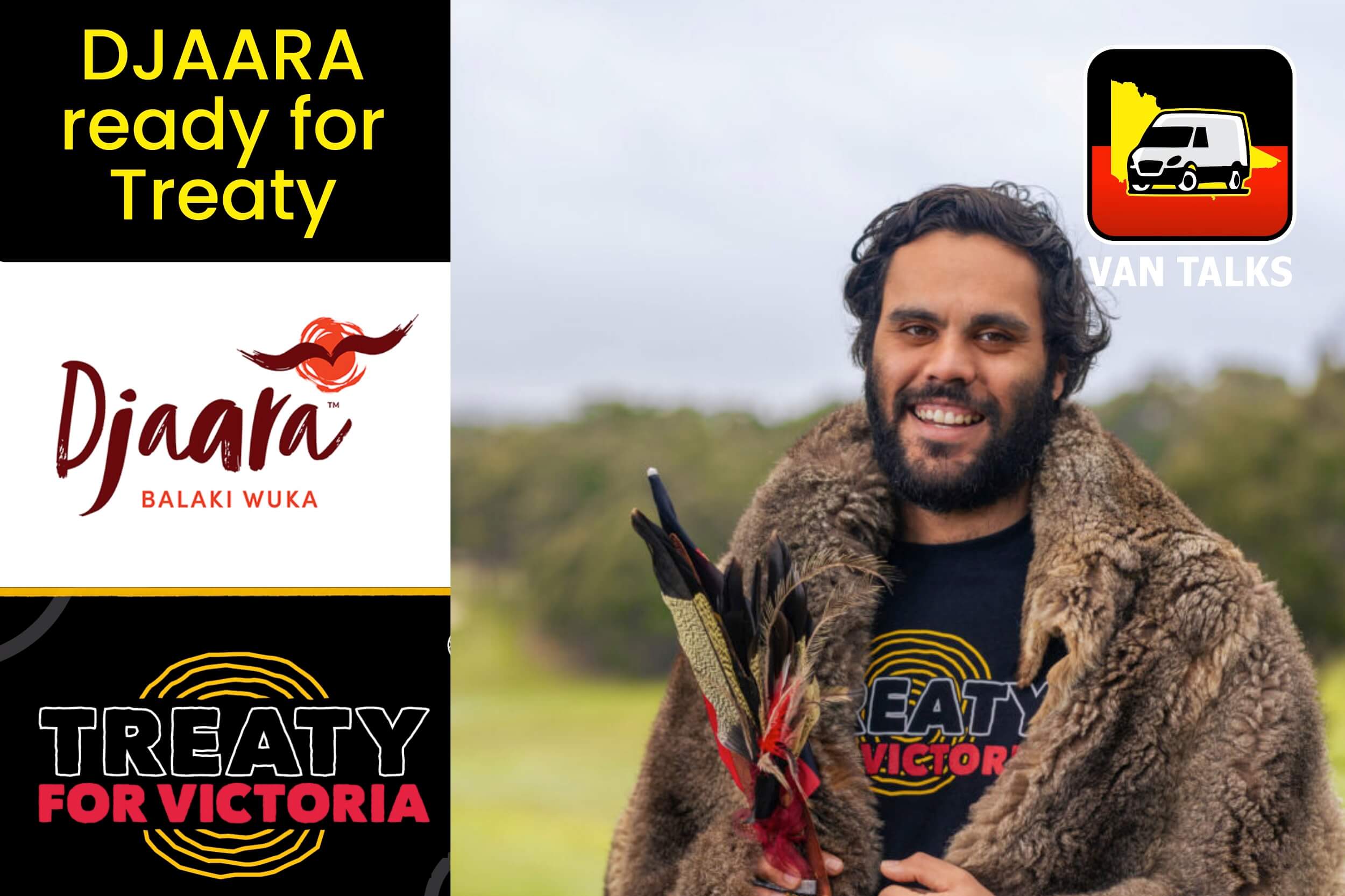
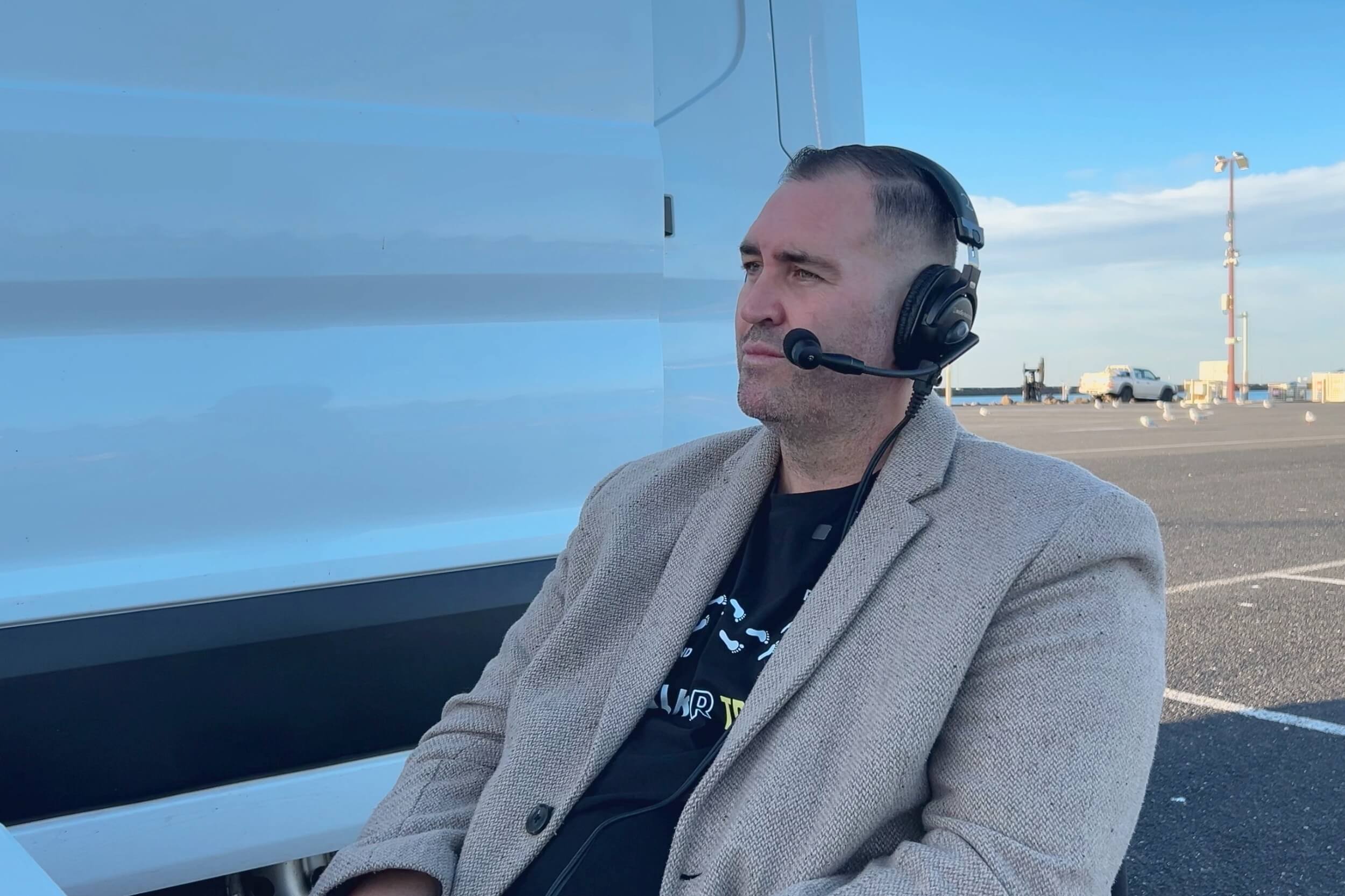
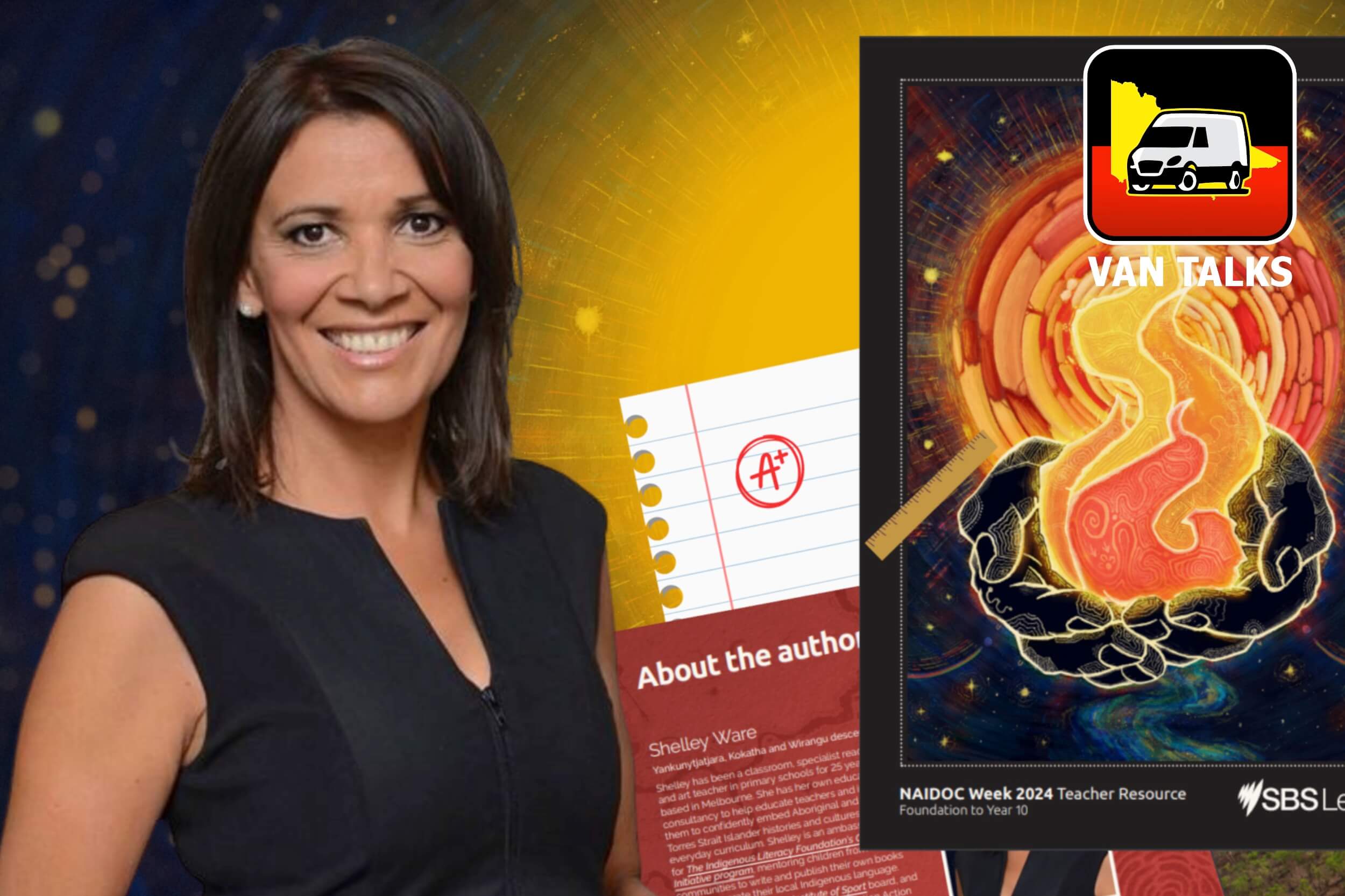
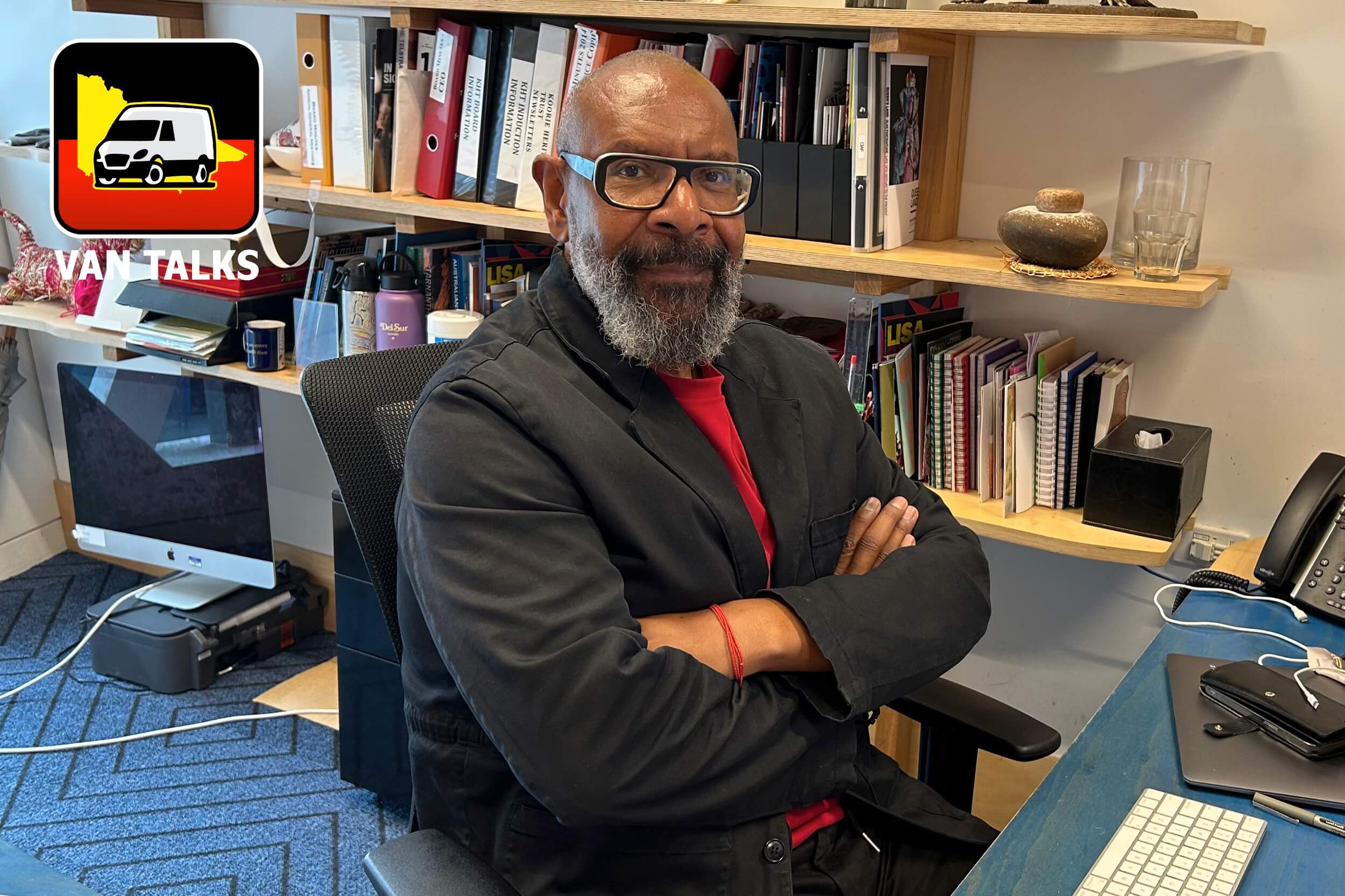
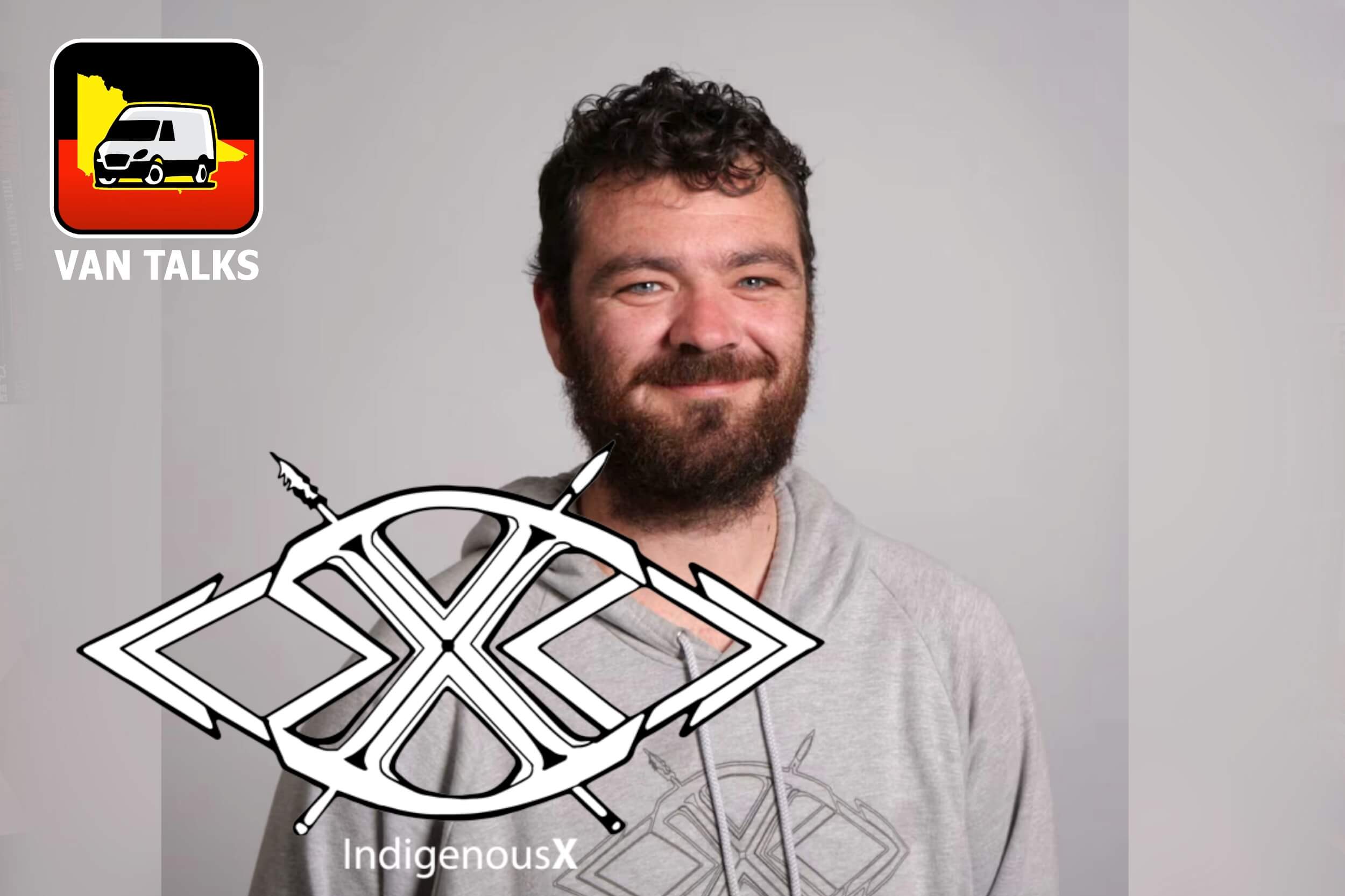

0 Comments